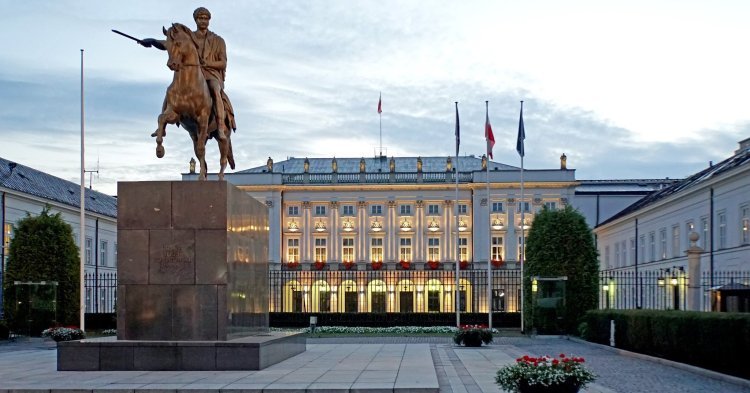The lessons from France and Israel
How have France and Israel tackled similar scenarios? Although the first round of French municipal elections took place as planned on March 15th, the second round has been cancelled due to the pandemic. Even during the first round, however, its consequences were plainly visible: France had entered the third phase of the outbreak, and the virus was present throughout the country. Soon after the election, some election candidates claimed they would launch judicial claims, arguing the elections were endangering public health. Holding the elections arguably lessened their legitimacy: the abstention rate was 18% higher than in 2014, with 39% of those who did not turn out citing coronavirus as the reason.
A similar thing happened in Israel, which held its third election within the last twelve months during the pandemic. Special provisions had to be made for those who were self-isolating, a number which reached 50,000 citizens, and the political consequences of the pandemic have been noticeable: Beni Ganc, Netanyahu’s centre-left rival and the candidate who has been asked to form a government, claimed that “fourth elections” were “not possible” during the pandemic. The fact that the Knesset – the unicameral Israeli parliament – has not been convened to carry out a vote of confidence on the Ganc’s government only complicates the situation - and the Supreme Court’s request that it be reconvened led to its president’s resignation.
In the background, of course, looms Netanyahu’s pending trial for corruption allegations, and the possible loss of his immunity is Ganc were elected. The virus in other words, has become yet another tool for cynical partisan fights.
State of (non-)emergency vs elections
Getting back to Polish case, it is worth having a look at the specific emergency state we find ourselves in. Or more precisely, the lack of this state. According to former ombudsman Professor Ewa Łętowska, there are obvious circumstances which justify said measures. Article 228 of the Polish Constitution, adds current ombudsman Adam Bodnar, envisages exactly this sort of situation. Yet the government’s separate coronavirus law, meant to allocate power between the national and municipal administrations, has gone beyond the power envisaged by the Basic Law. As Bodnar recently emphasized in a letter addressed to Prime Minister, “[f]ighting this epidemic should be done within the rule of law, with rules which are obeyed not only by citizens, but also public authorities”.
In context of voting, announcing the state of emergency enshrined in the Polish constitution would undoubtedly allow for the postponement of the election. What is more, the constitution holds that elections cannot be held until 90 days after the state of emergency ceases, precisely so the country can return to normal and the exceptional circumstances cannot be abused by the incumbent government.
The election campaign itself has raised eyebrows. According to Professor Łętowska “The election is a problem of equal rules for everyone. At this moment, there is no such equality”: the only candidate who can campaign as normal, he adds, is the incumbent President, who can draw on the state machinery and the press attention he draws as Head of State. The situation is admittedly paradoxical: encouraging voting and large turnouts can, in these exceptional circumstances, be seen as undemocratic.
The government’s newest idea, postal voting, has also been controversial. Although already legally possible, it is a mechanism envisaged for thousands of voters, not millions, raising transparency and anti-fraud questions. It is difficult As Professor Ryszard Piotrkowski, of the University of Warsaw, notes, postal voting is the exception, not the norm, and its implementation should be scrutinised. As the Constitutional Court held in 2006, the electoral code cannot be amended less than six months before an election - something the government has blatantly disregarded.
Finally, it is worth noting that the Electoral Commissions’s most recent regulations (adopted on the 2nd of March 2020) do not foresee such extraordinary situations. For obvious reasons, meetings cannot take place in personal, and online meetings are not envisaged under the present legal framework.
Where there is a will, is there a way?
The French and Israeli experience has shown that conducting elections during a pandemic is possible. Whether it is desirable, however, is a whole other question. Is the price to be paid by society not too high? Acting as though nothing out of the ordinary is going on is a blatant distortion of the truth - and is arguably irreconciliable with true democracy.
Meanwhile, the clock on the National Electoral Commission’s website, which shows the time left until polls open, keeps ticking.


Follow the comments: |
|
